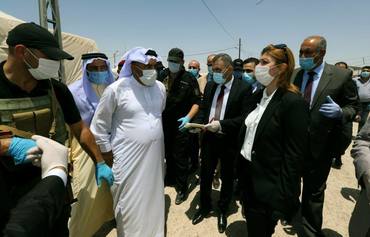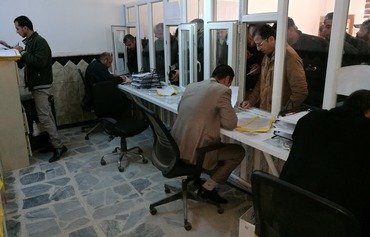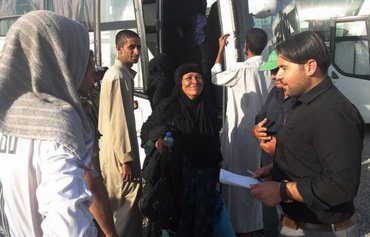A new group of residents displaced from their homes in Mosul after the "Islamic State of Iraq and Syria" (ISIS) invaded the city in 2014, have recently returned, a local official told Diyaruna.
The group includes 200 families who lived in Mosul's Old City, where a large part of the population is still unable to return due to the massive destruction the city sustained during the liberation battles.
These returns are part of the voluntary return programme the Ministry of Migration has been working on since ISIS was ousted from Mosul, director general of the ministry's Branch Affairs Department, Ali Jahankeer, told Diyaruna on Friday (January 10th).
"We are working to encourage the return of internally displaced persons [IDPs] and provide them with all resources," he said.
"The issue of returning is the family's choice, and we do not pressure anyone to leave in case they prefer to stay in the camps," Jahankeer said.
"But the majority of IDPs want to return, especially if their areas do not suffer from problems with regard to services or security, and their homes are suitable for living," he added.
Displacement on the decline
The 200 families were transported from al-Salamiya camp south of Mosul after their security status was verified and adequate conditions were set up for them to settle down in their areas, he said.
The ministry provides post-return services to ensure that the families reintegrate in their local communities, Jahankeer said.
"In our plan for this year, we will focus more on increasing those services, especially that the displacement issue and the heavy burdens it has created are on the decline," he noted.
The ministry currently provides each family with food, relief and health aid, in addition to financial support, to help them resume their daily life, he said.
The number of displaced families has decreased in all of Iraq, Jahankeer said, as approximately 540,000 displaced families have returned to their areas in 2019.
A total of 330,000 families remain in displacement, including 70,000 families who live in displacement camps, the majority of which are concentrated south of Mosul.

![Displaced Iraqis have been returning to Mosul's Old City, where life has been slowly going back to normal after all the destruction the city sustained during the liberation battles with ISIS. [Photo courtesy of Mosul Eye]](/cnmi_di/images/2020/01/10/21920-iraq-old-city-600_384.jpg)






